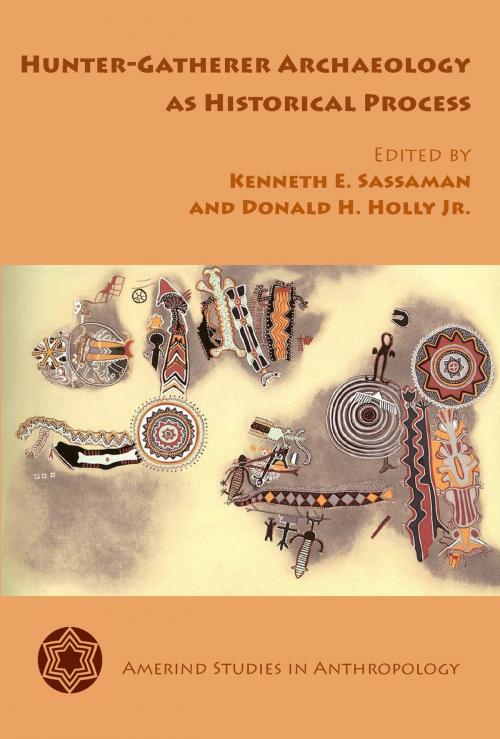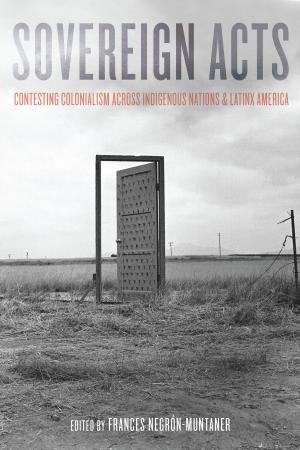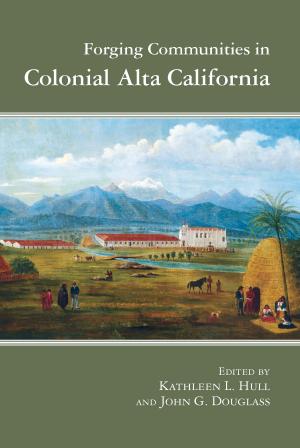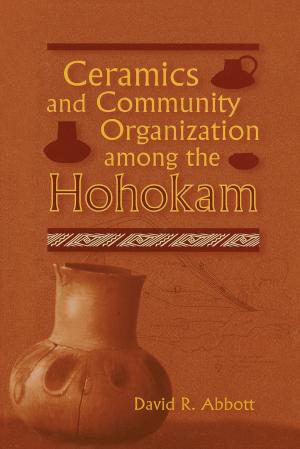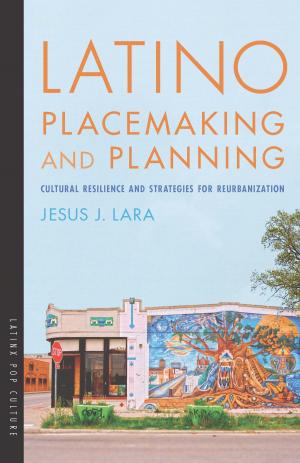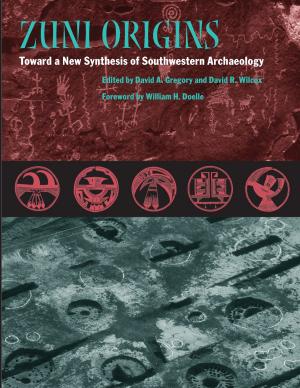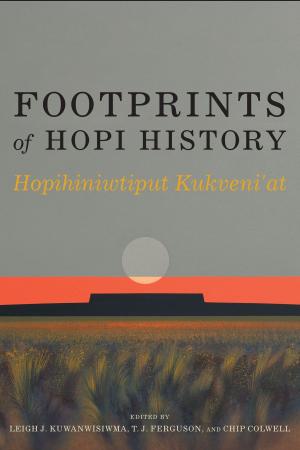Hunter-Gatherer Archaeology as Historical Process
Nonfiction, Social & Cultural Studies, Social Science, Archaeology| Author: | ISBN: | 9780816535040 | |
| Publisher: | University of Arizona Press | Publication: | October 1, 2016 |
| Imprint: | University of Arizona Press | Language: | English |
| Author: | |
| ISBN: | 9780816535040 |
| Publisher: | University of Arizona Press |
| Publication: | October 1, 2016 |
| Imprint: | University of Arizona Press |
| Language: | English |
The remains of hunter-gatherer groups are the most commonly discovered archaeological resources in the world, and their study constitutes much of the archaeological research done in North America. In spite of paradigm-shifting discoveries elsewhere in the world that may indicate that hunter-gatherer societies were more complex than simple remnants of a prehistoric past, North American archaeology by and large hasn’t embraced these theories, instead maintaining its general neoevolutionary track. This book will change that.
Combining the latest empirical studies of archaeological practice with the latest conceptual tools of anthropological and historical theory, this volume seeks to set a new course for hunter-gatherer archaeology by organizing the chapters around three themes. The first section offers diverse views of the role of human agency, challenging the premise that hunter-gatherer societies were bound by their interactions with the natural world. The second section considers how society and culture are constituted. Chapters in the final section take the long view of the historical process, examining how cultural diversity arises out of interaction and the continuity of ritual practices.
A closing commentary by H. Martin Wobst underscores the promise of an archaeology of foragers that does not associate foraging with any particular ideology or social structure but instead invites inquiry into counterintuitive alternatives. Hunter-Gatherer Archaeology as Historical Process seeks to blur the divisions between prehistory and history, between primitive and modern, and between hunter-gatherers and people in other societies. Because it offers alternatives to the dominant discourse and contributes to the agenda of hunter-gatherer research, this book will be of interest to anyone involved in the study of foraging peoples.
The remains of hunter-gatherer groups are the most commonly discovered archaeological resources in the world, and their study constitutes much of the archaeological research done in North America. In spite of paradigm-shifting discoveries elsewhere in the world that may indicate that hunter-gatherer societies were more complex than simple remnants of a prehistoric past, North American archaeology by and large hasn’t embraced these theories, instead maintaining its general neoevolutionary track. This book will change that.
Combining the latest empirical studies of archaeological practice with the latest conceptual tools of anthropological and historical theory, this volume seeks to set a new course for hunter-gatherer archaeology by organizing the chapters around three themes. The first section offers diverse views of the role of human agency, challenging the premise that hunter-gatherer societies were bound by their interactions with the natural world. The second section considers how society and culture are constituted. Chapters in the final section take the long view of the historical process, examining how cultural diversity arises out of interaction and the continuity of ritual practices.
A closing commentary by H. Martin Wobst underscores the promise of an archaeology of foragers that does not associate foraging with any particular ideology or social structure but instead invites inquiry into counterintuitive alternatives. Hunter-Gatherer Archaeology as Historical Process seeks to blur the divisions between prehistory and history, between primitive and modern, and between hunter-gatherers and people in other societies. Because it offers alternatives to the dominant discourse and contributes to the agenda of hunter-gatherer research, this book will be of interest to anyone involved in the study of foraging peoples.
